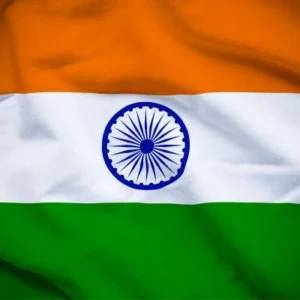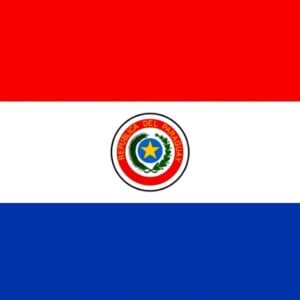The World Bank has released a report indicating a significant decline in extreme poverty in India, with the rate dropping to 5.3% between 2011-12 and 2022-23. This reduction, which saw the number of people in extreme poverty fall from 344.47 million to 75.24 million, occurred even as the World Bank revised its global poverty threshold upwards. The findings have sparked debate, with the opposition criticizing the methodology and the government highlighting the progress.
India’s Poverty Reduction: A Closer Look
The World Bank’s latest assessment reveals a dramatic decrease in extreme poverty in India. The poverty rate has fallen from 27.1% in 2011-12 to 5.3% in 2022-23. This translates to approximately 269 million people moving out of extreme poverty. The report attributes this success to improved data collection and updated survey methodologies, including the adoption of the Modified Mixed Recall Period (MMRP).
Key Takeaways
- India’s extreme poverty rate dropped to 5.3% in 2022-23 from 27.1% in 2011-12.
- The number of people in extreme poverty decreased from 344.47 million to 75.24 million.
- This reduction occurred despite the World Bank raising the global poverty line to $3 per day.
- Five states—Uttar Pradesh, Maharashtra, Bihar, West Bengal, and Madhya Pradesh—accounted for two-thirds of the total poverty reduction.
Global Impact and Revised Thresholds
The World Bank’s revision of the International Poverty Line (IPL) from $2.15 to $3 per day (using 2021 Purchasing Power Parities) was expected to increase the global count of extreme poor by 226 million. However, India’s updated data significantly offset this increase, with its revised figures reducing the global count by 125 million. This means India’s progress has softened the overall global impact of the raised poverty threshold.
Opposition’s Critique
While the government celebrates the poverty reduction, the opposition has raised concerns about the methodology used. Critics argue that the revised poverty line of $3 per day is insufficient for a dignified life and that the government is selectively using data. They also point to other indicators, such as India’s ranking on the Global Hunger Index and World Happiness Report, to suggest that the overall picture of well-being is not as positive as the poverty figures suggest. Concerns have also been raised about the suppression of previous survey data and the lack of official government definitions for poverty lines.
Government’s Response and Future Outlook
The government has defended the findings, stating that the progress is based on honest data and improved methodologies. They highlight that India’s example demonstrates how evidence-based governance and sustained reforms can lead to significant developmental outcomes. The report also notes improvements in household spending and a narrowing of consumption inequality across the country, attributing some of this progress to welfare programs and improved service delivery.
Sources
- Congress slams Modi Govt after World Bank said extreme poverty in India declined, says inconvenient data brushed
aside, The Hindu. - Extreme poverty in India sees sharp decline! Number dips from 344.47 million to 75.24 million; poverty rate
down to 5.3%, says World Bank, The Times of India. - 270 million Indians out of extreme poverty list: World Bank, The Economic Times.
- Did India just cut global poverty?, Finshots.
- India defies global poverty trends amid World Bank’s revised estimates, Tribune India.






